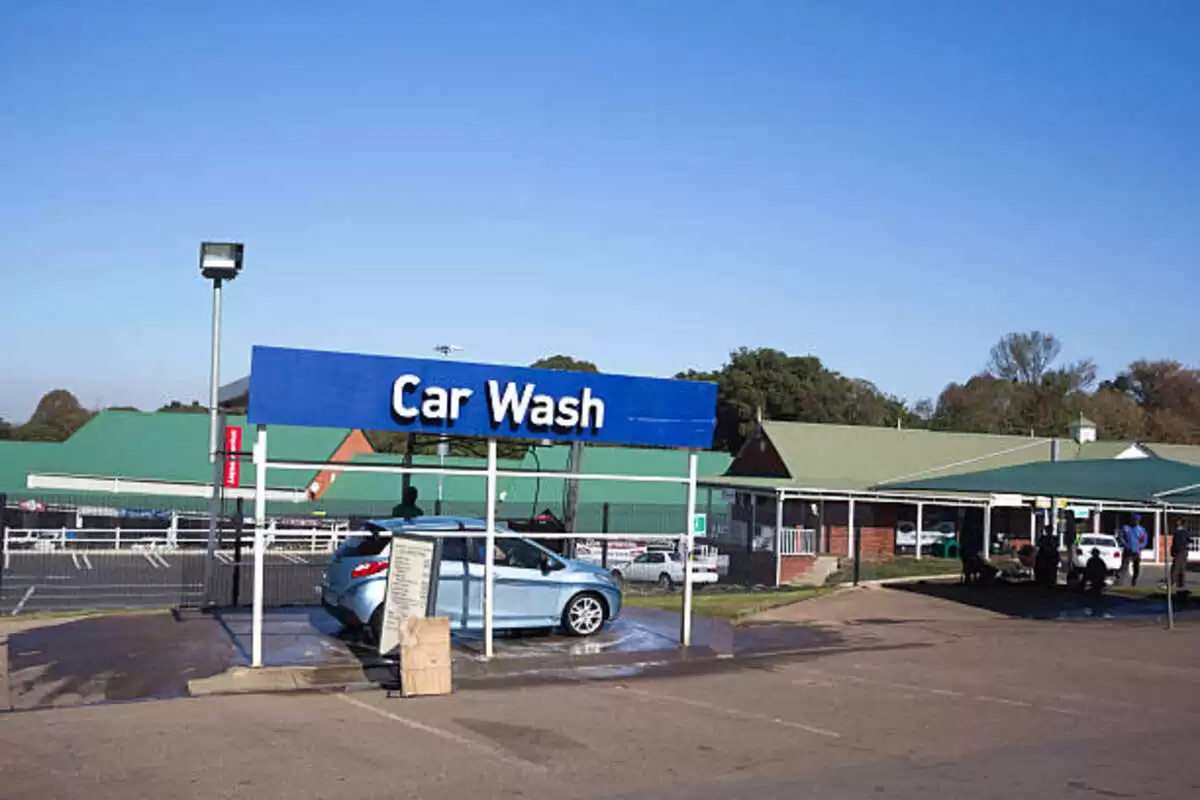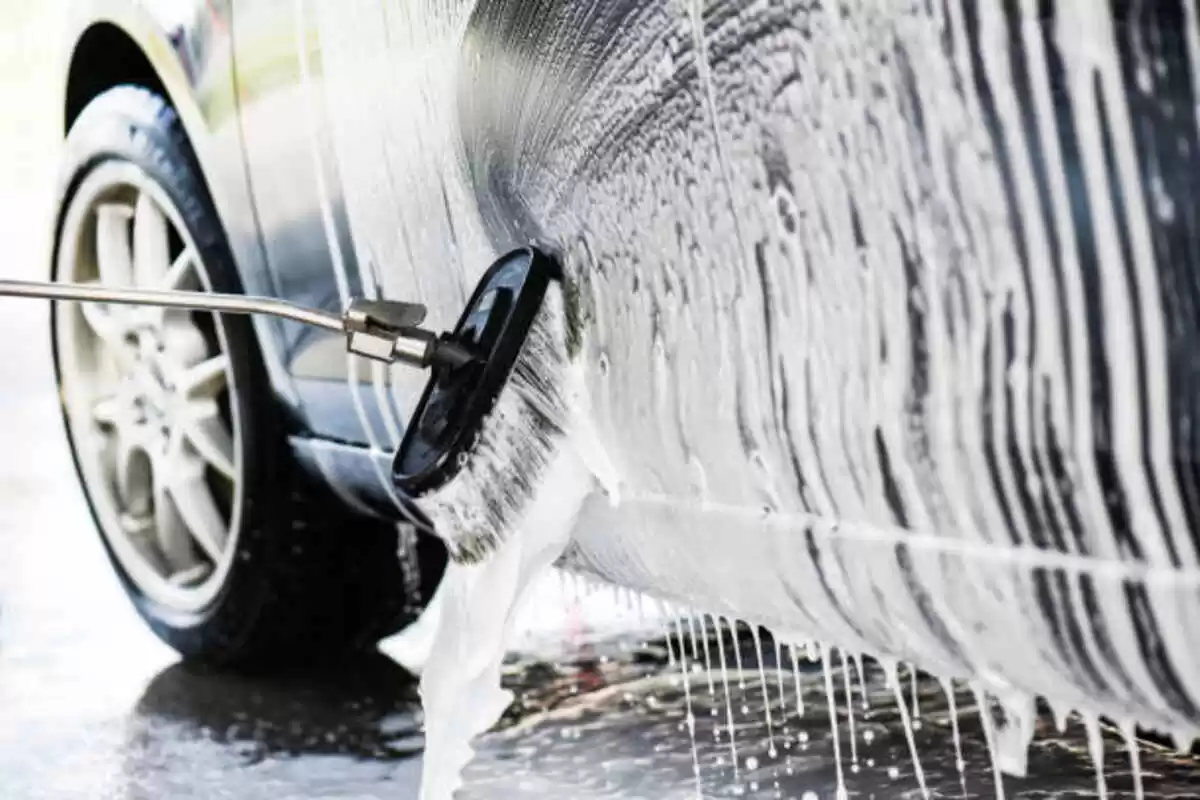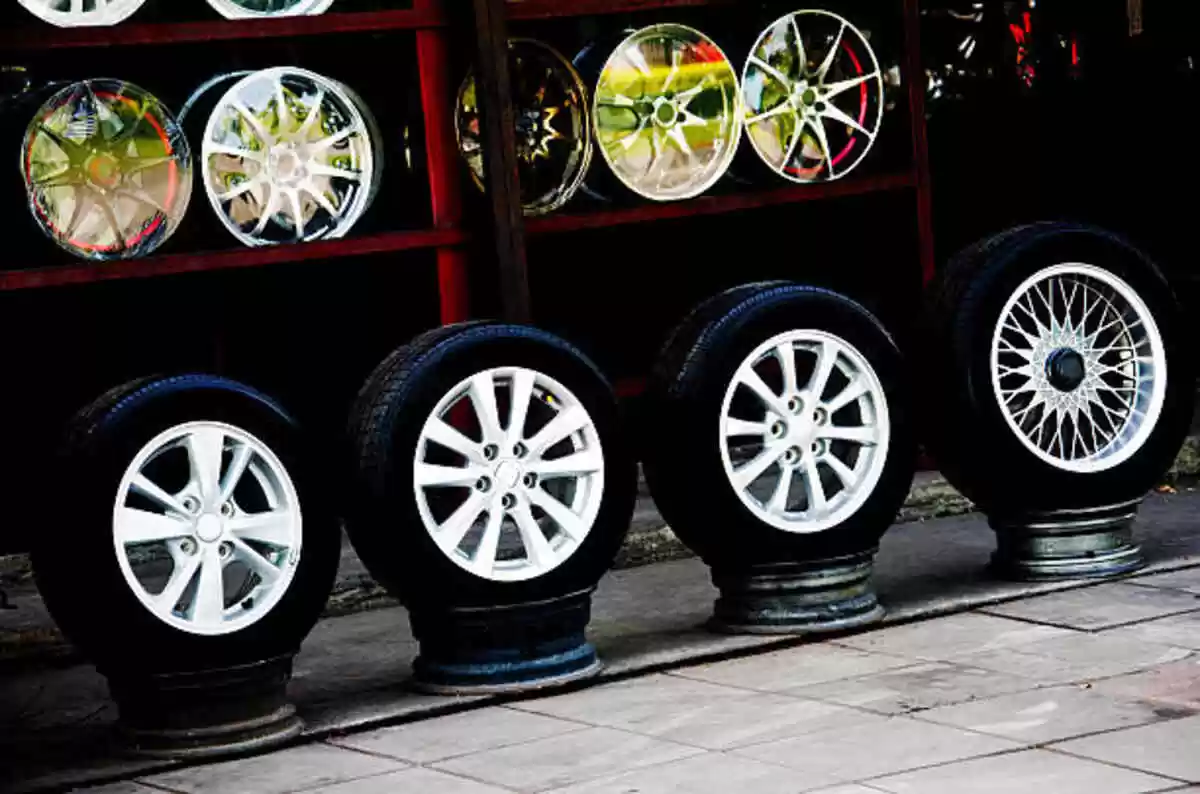Dealers doing what they’re supposed to be doing — selling and servicing customers within a general geographic area, their “primary marketing area” which in the case of Capitol is roughly a 20-mile radius around Salem — is so fundamental to the franchise business model that it wouldn’t normally be a best practice. But with inventories at or near historic lows and consumers searching across the country online for new vehicles, taking care of the homefront becomes increasingly important for dealers who need to build and maintain relationships with repeat customers, says Casebeer, president of the group.
“We keep talking about the big picture — not today, but maybe three or four years from now — it does us literally no good to sell a car to somebody from Idaho,” argues Casebeer. “Yes, we might make $5,000 right now, but the lifetime of that customer is gone — no parts, no service, no trade, no referrals, nothing.”
Casebeer says the temptation to “get greedy” and sell over sticker to whomever comes calling is always there, and he argues that many dealers have fallen into that trap.
“We could be selling a lot of different ways and charging way more money than we are, but we have to take care of our backyard. People are going to remember how they’re being treated right now, and they’re going to remember that when they buy their next car.”
Most automakers, of course, attempt to police their dealer networks through metrics such as sales efficiency, and selling new vehicles to consumers outside of a dealership’s primary marketing area “is hurting you on your sales efficiency in the way that [automakers] look at things,” Casebeer said. “It’s macro, dealer-type stuff, but we have to worry about it. You can be sure [automakers] are checking every credit app, every driver’s license, just to make sure.”
Capitol Subaru sold 1,300 new cars in 2020, and sold more than 1,700 new vehicles in 2021, Casebeer said. Through May, it was tracking to be among the top 20 Subaru stores in the nation by sales.
Part of that growth comes from protecting the home turf, Casebeer says, especially at a brand such as Subaru, which has traditionally run with very lean inventories.





